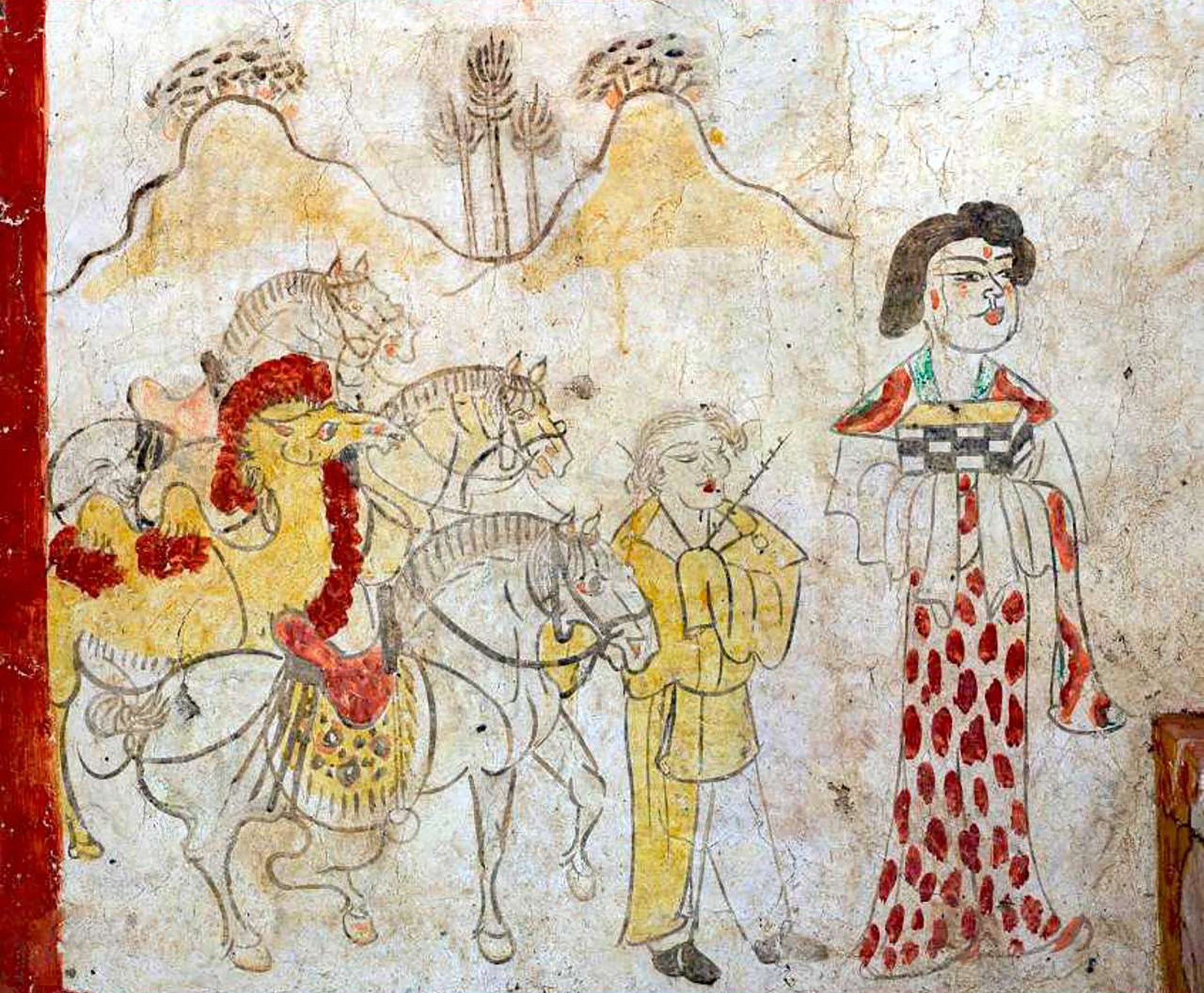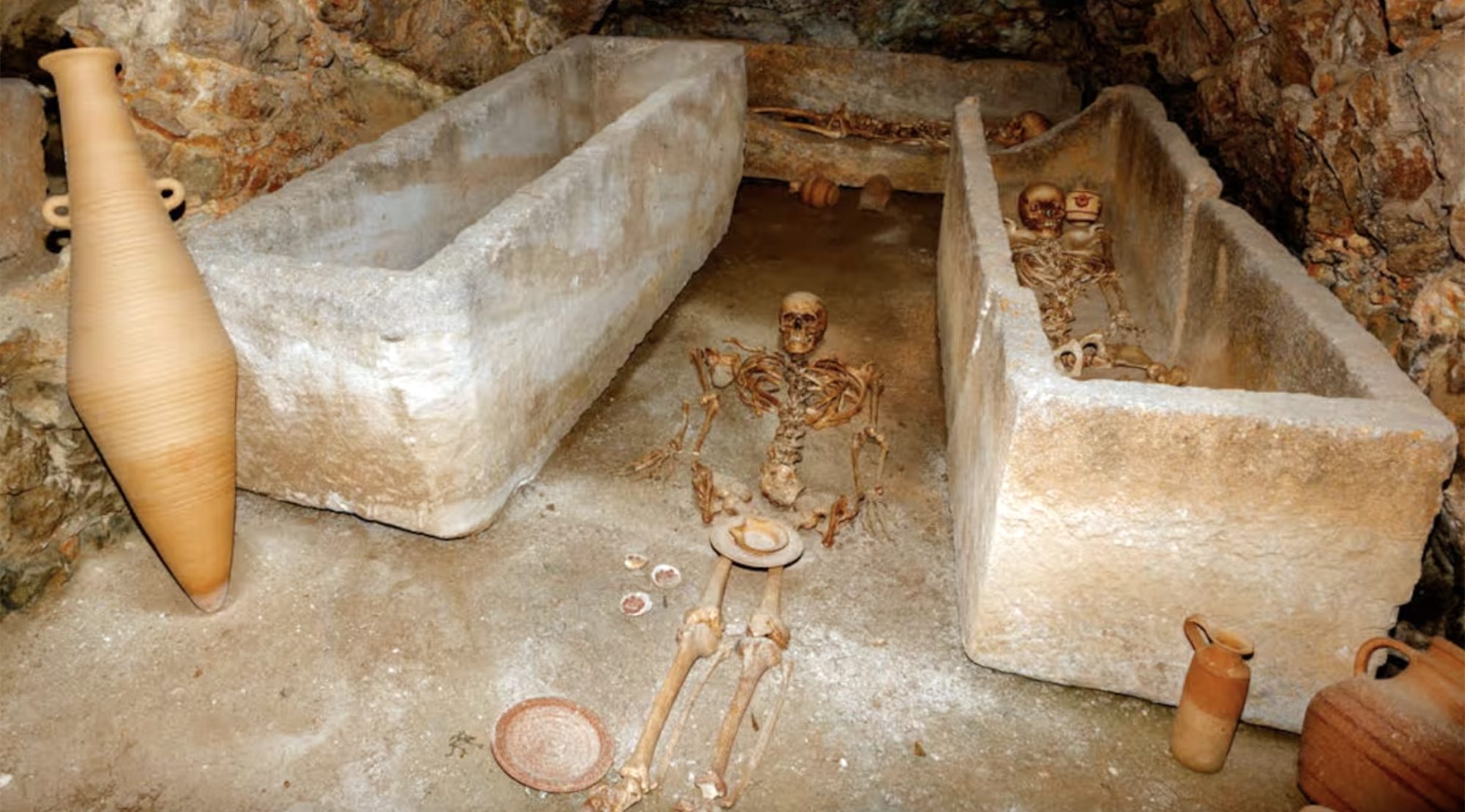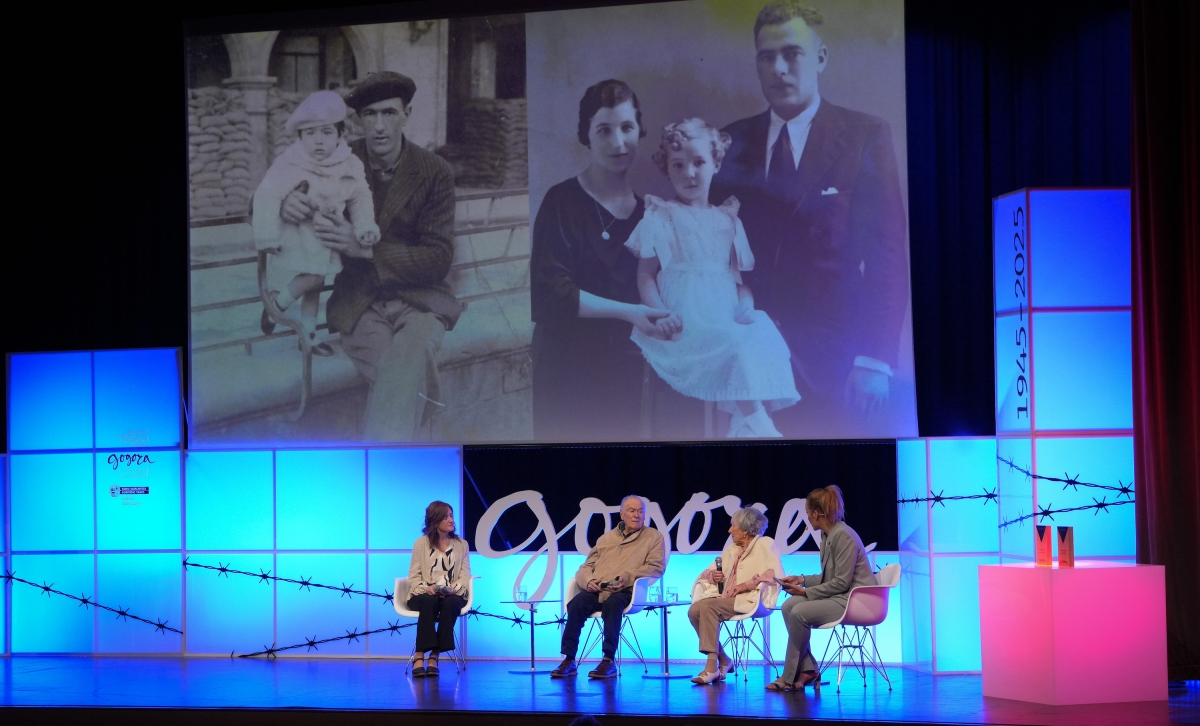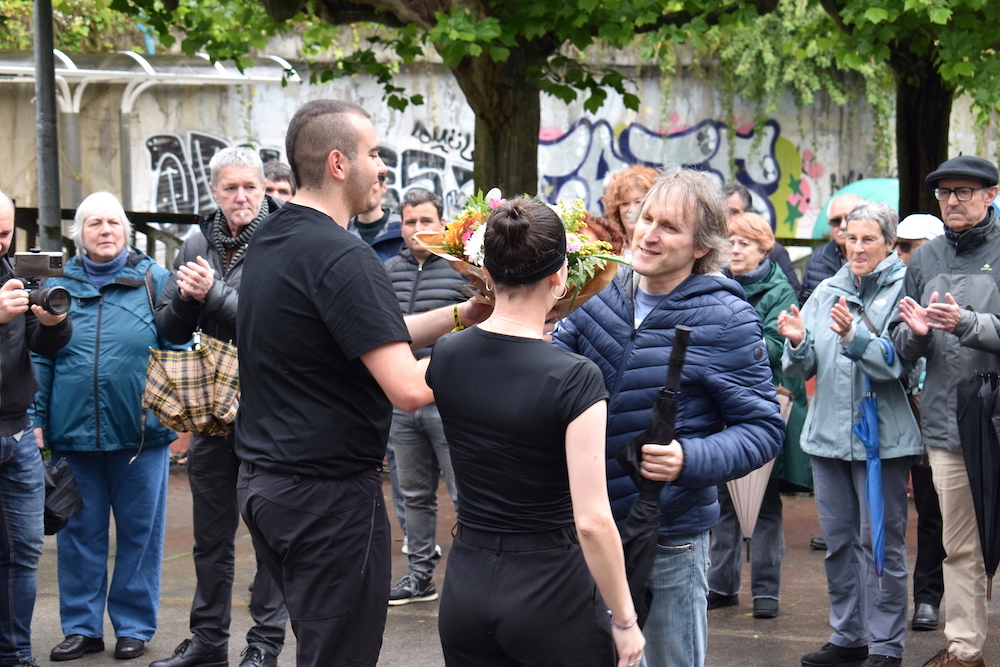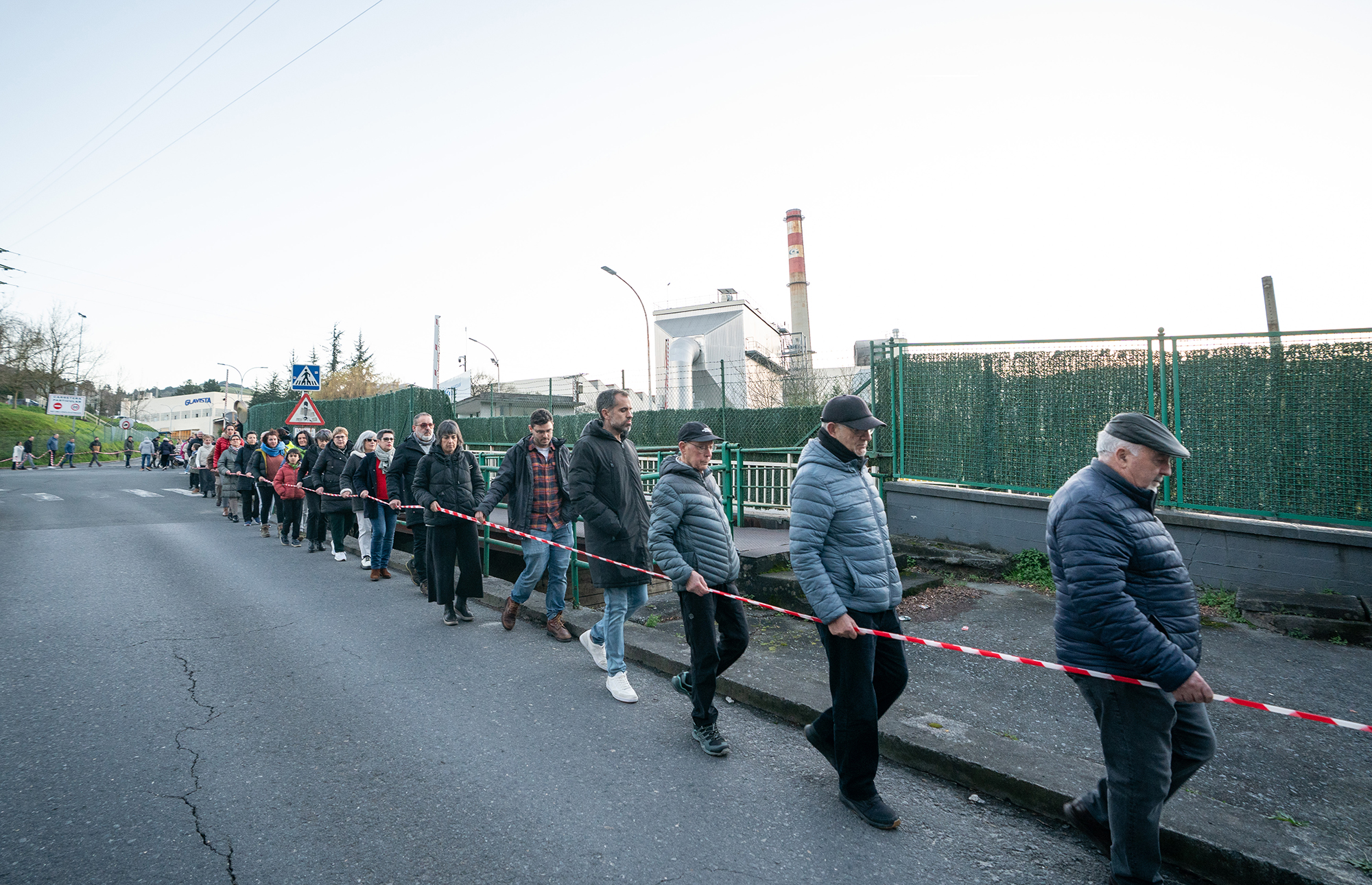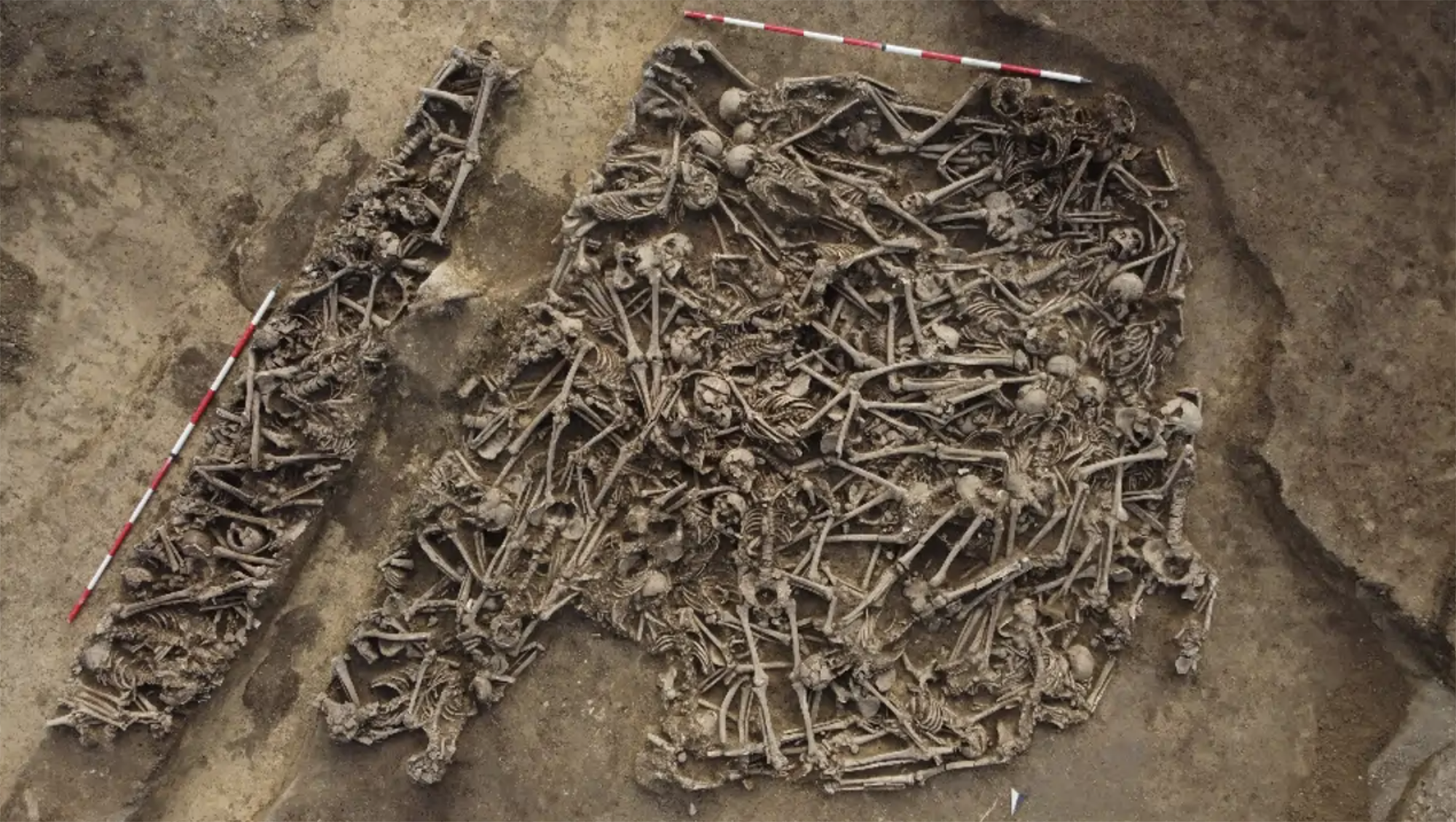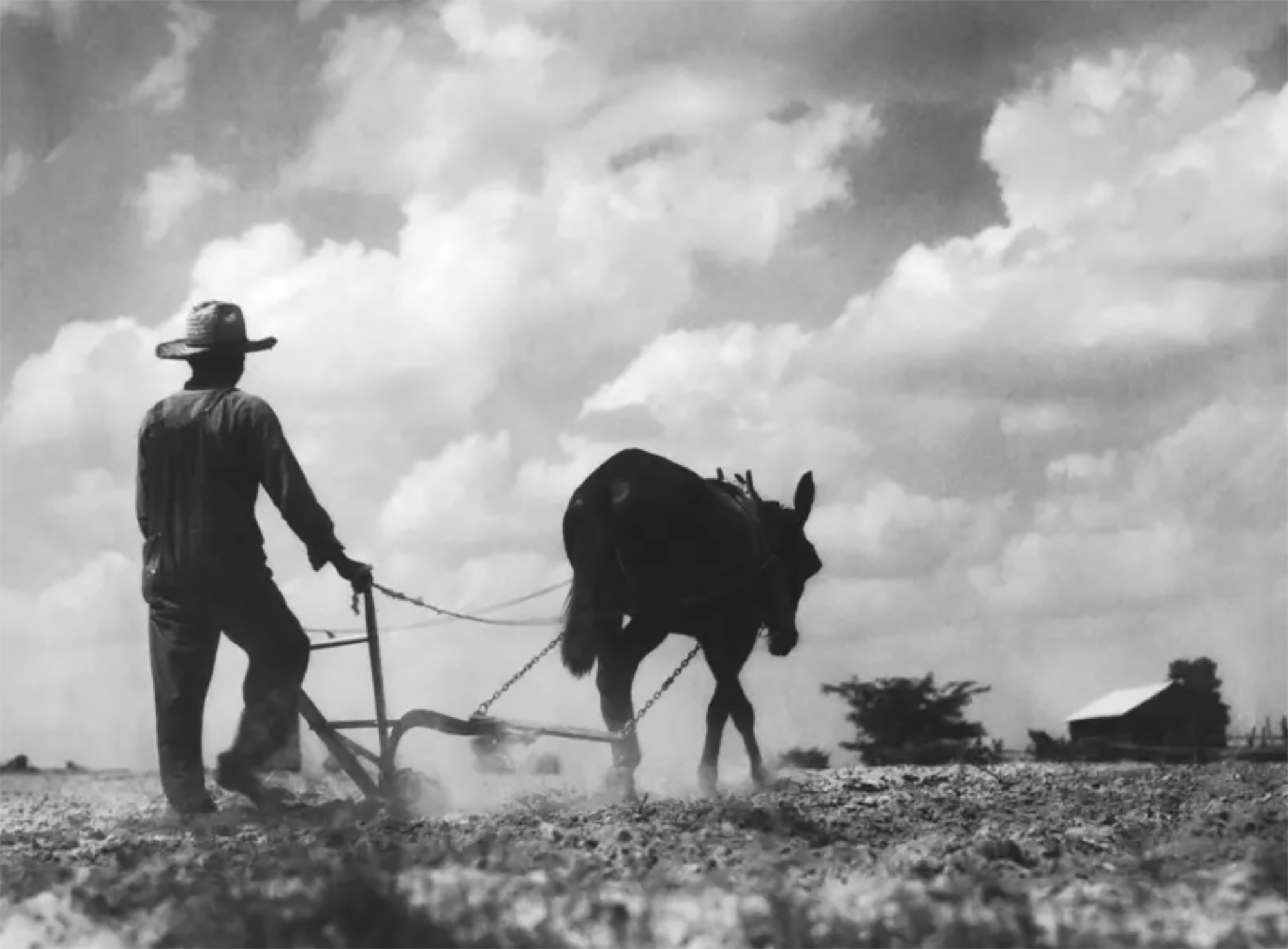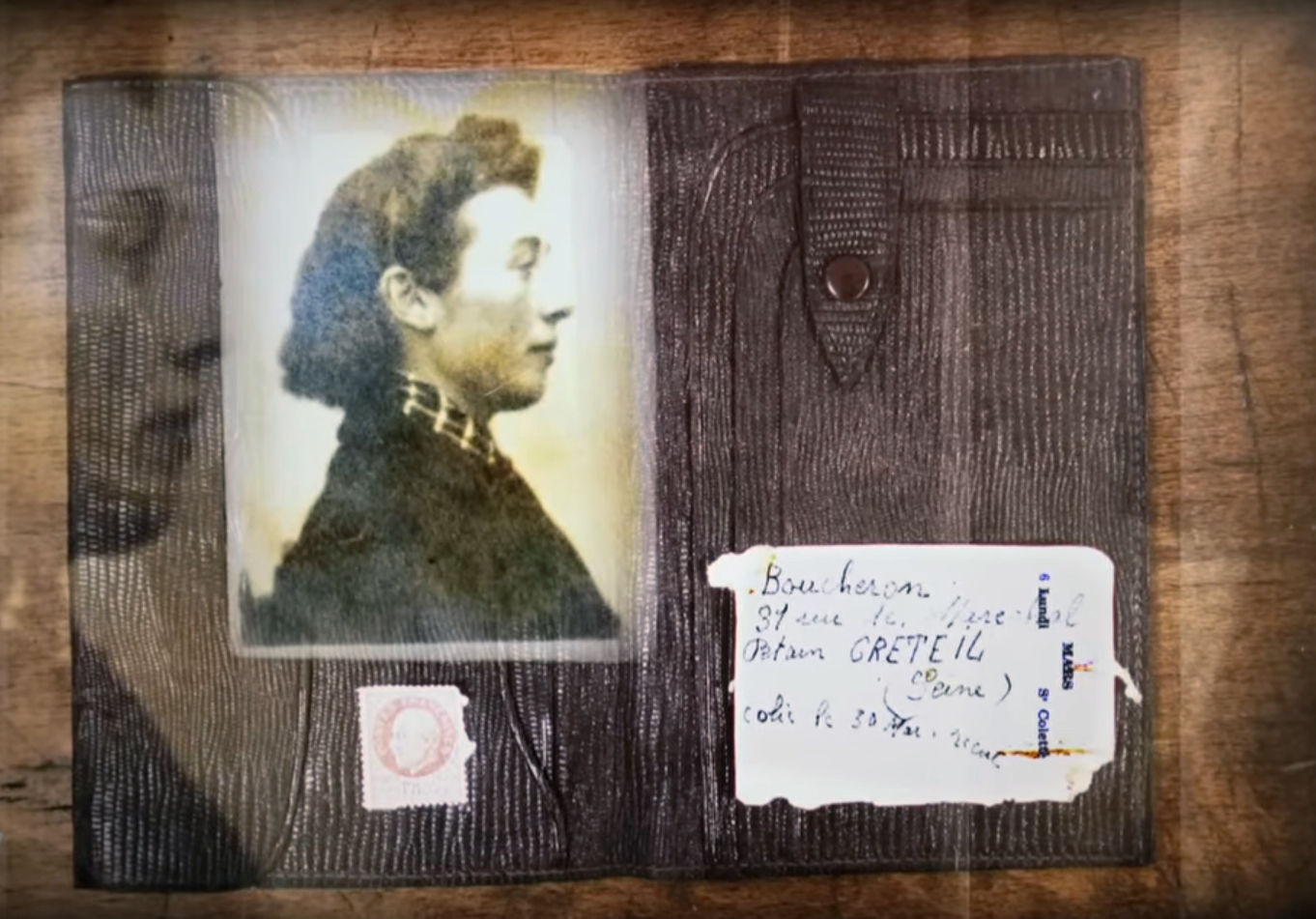Some details about Lebanon
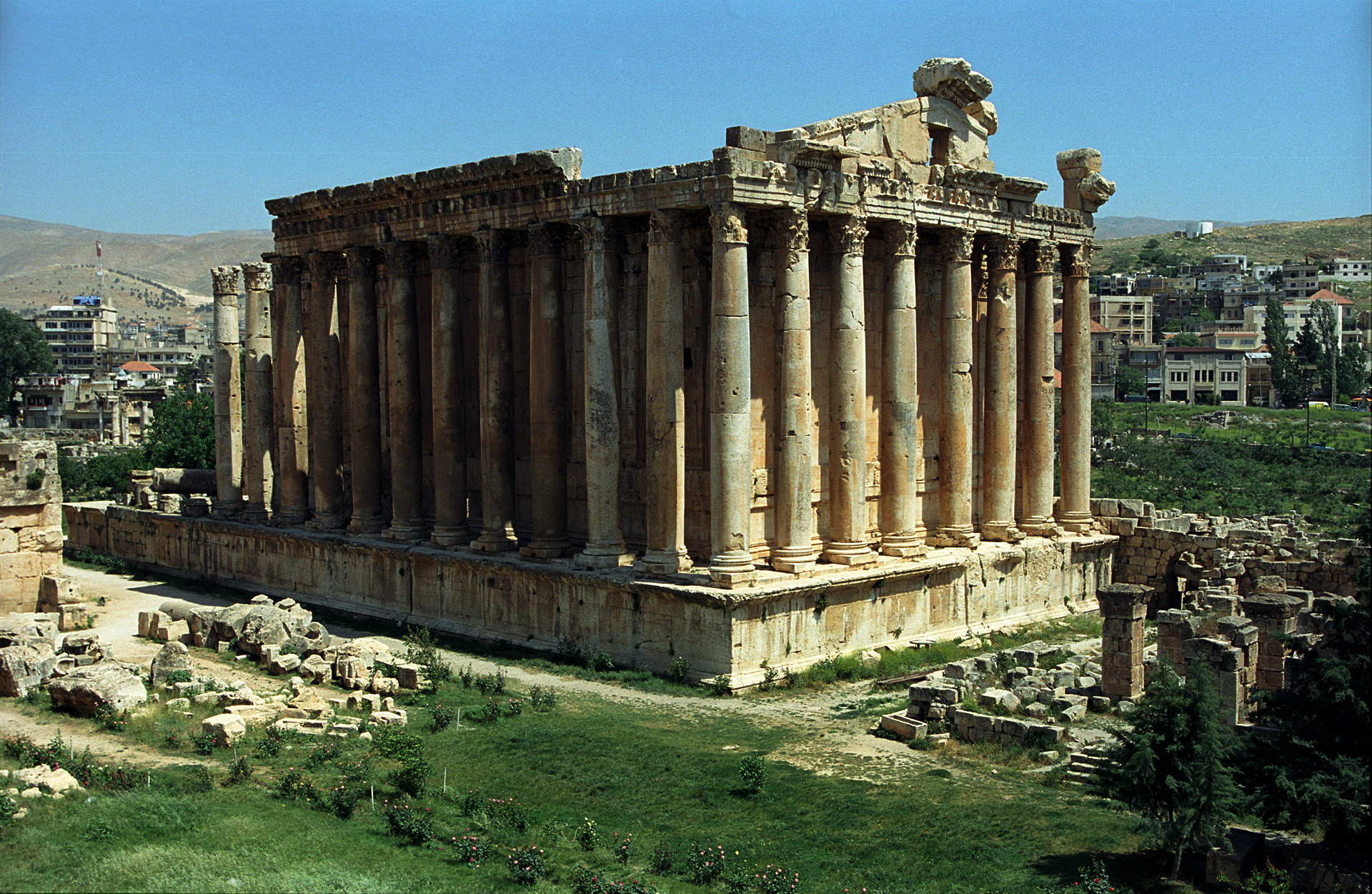
On the pretext of leaving Hezbollah out of play, Israel has attacked Lebanon, which has been rejected. As a result, small Switzerland in the Middle East has been placed in the media spotlight, but remains an unknown country. In ancient times it was the origin of an important Phoenician civilization, as well as Christianity. Throughout the centuries, it was also the calvary of many empires and cultures: Babylon, Persia, Greece, Rome and the Ottomans.
Since the First World War, the United Kingdom and France established the colonial command over the Middle East in the Sykes-Picot Convention. The French separated the conquered territories into two mandates: the mandate of Syria in the territories with a Muslim majority; and the mandate of Lebanon in the territories where there was a Christian majority. This is the origin of contemporary Lebanon.
Although the majority of its inhabitants are Arabs, Lebanon has historically had a difficult ethnic and religious balance. Thus, since independence (1943), they have a rule of division of office in the Government: The President of the Republic must always be a Christian Maronite, the Prime Minister is a Sunni Muslim and the President of the Parliament is a Shia Muslim. In total there are 18 ethnic and religious groups in the country, including several branches of Christianity, since the expulsion of Sunni and Shia Muslims, Druze and Turks (1915-23), as well as Armenians.
The birth of Israel upset the fragile balance of Lebanon. The Palestinian refugee camps and the fact that they became the backdrop of the resistance led to clashes between different factions. On the one hand, most Christians and right-wing parties wanted to expel the Palestinians with the help of Israel; on the other hand, Muslims, leftist parties and pan-Arab nationalists wanted to support resistance. During the long civil war (1975-1990), Israel and Syria intervened directly.
Currently, two of the political coalitions are the most important in the country: Alliance of 8 March (anti-Zionist, supported by Syria and Iran) and Alliance of 14 March (supported by Israel and Saudi Arabia). However, these two alliances do not follow the logic of the different sides of the civil war, as the events of recent years have ended the old ties. Many of the Christians have in recent years supported the Alliance of 8 March, although historically they have positioned themselves in favour of the West and Israel. They have realised that Israel may be more of a threat than support for Lebanese Christians, who in recent decades have invaded Lebanon four times (1978, 1982, 2006 and 2024) and also supported the Islamists who slaughtered Christians during the Syrian Civil War.
In the Chinese province of Shanxi, in a tomb of the Tang dynasty, paintings depicting scenes from the daily lives of the dead are found. In one of these scenes a blonde man appears. Looking at the color of the hair and the facial expression, archaeologists who have studied the... [+]
Carthage, from B.C. Around the 814. The Phoenicians founded a colony and the dominant civilization in the eastern Mediterranean spread to the west. Two and a half centuries later, with the decline of the Phoenician metropolis of Tyre, Carthage became independent and its... [+]
Salvador Puig Antich frankismoaren kontrako militantea izan zen. Askapen Mugimendu Iberikoko kidea, 1973ko irailaren 25ean atxilotu zuten. Gerra-kontseilua egin zioten, eta garrotez exekutatu zuten handik sei hilabetera, 1974ko martxoaren 2an. Aurtengo otsailean baliogabetu du... [+]
Rudolf Botha hizkuntzalari hegoafrikarrak hipotesi bat bota berri du Homo erectus-i buruz: espezieak ahozko komunikazio moduren bat garatu zuen duela milioi bat urte baino gehiago. Homo sapiens-a da, dakigunez, hitz egiteko gai den espezie bakarra eta, beraz, hortik... [+]
Böblingen, Holy Roman Empire, 12 May 1525. Georg Truchsess von Waldburg overthrew the Württemberg insurgent peasants. Three days later, on 15 May, Philip of Hesse and the Duke of Saxony joined forces to crush the Thuringian rebels in Frankenhausen, killing some 5,000 peasants... [+]
During the renovation of a sports field in the Simmering district of Vienna, a mass grave with 150 bodies was discovered in October 2024. They conclude that they were Roman legionnaires and A.D. They died around 100 years ago. Or rather, they were killed.
The bodies were buried... [+]
Washington, D.C., June 17, 1930. The U.S. Congress passed the Tariff Act. It is also known as the Smoot-Hawley Act because it was promoted by Senator Reed Smoot and Representative Willis Hawley.
The law raised import tax limits for about 900 products by 40% to 60% in order to... [+]








